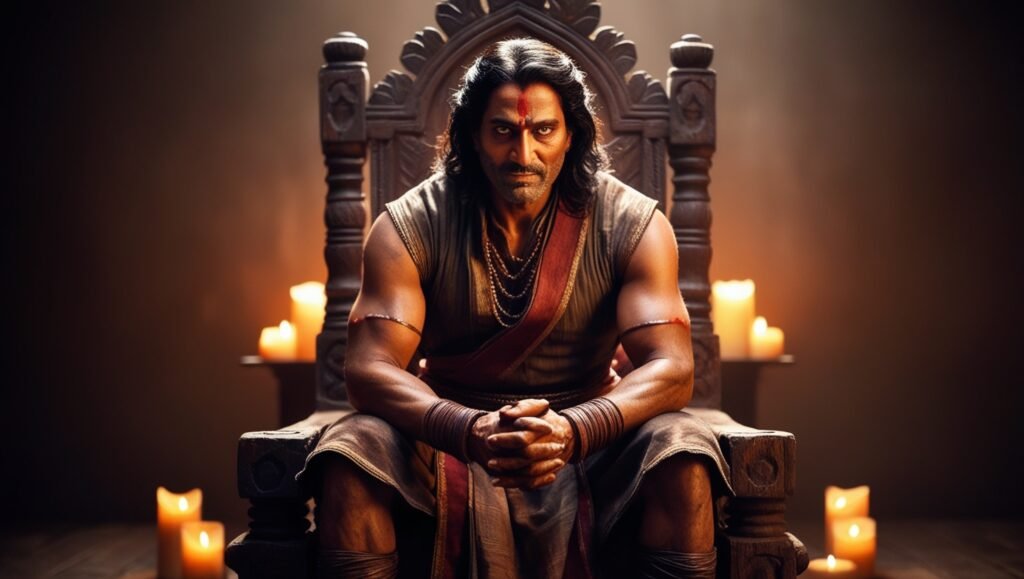Astrology is the study of celestial bodies and their influence on human life. It has roots in the traditions of ancient civilizations. In all cultures, people have sought the stars, planets, and constellations for guidance, decision-making, and an understanding of the mysteries of life. This article explores how the beliefs of ancient societies shaped astrology and how their practices continue to influence modern interpretations.
Astrology in Early Civilizations
Astrology finds its roots in Mesopotamia, Egypt, China, and India where the sky has been considered to understand the world as well as the spiritual dimensions behind it.
Mesopotamia: Birthplace of Astrology
They followed celestial movements with the greatest care. It was during around 1000 BCE that the Babylonians devised the zodiac and divided the sky into 12 sections. They assigned each zodiac sign with a deity believed to affect occurrences like wars, weather, and harvests.
Egypt: Astrology Interwoven with Religion
For the ancient Egyptians, astrology went hand in hand with religion and mythology. It was believed that the stars bore messages from the gods, and hence, constellations like Orion were associated with Osiris, the god of the afterlife. Celestial alignment also played a part in the architectural design of pyramids and temples.
China: Harmony between Heaven and Earth
Chinese astrology, which is based on Taoist principles, believed in balance between humans and nature. The Chinese zodiac, based on the lunar calendar, consists of 12 animal signs. Ancient Chinese astrologers believed that celestial patterns could predict personal destinies and societal harmony.
India: The Depth of Vedic Astrology
Astrology in India, or Jyotish, is a very important part of Vedic traditions. It relates the movement of planets to karma and dharma. Ancient Indians used astrology to determine auspicious times for rituals, marriages, and other significant events, laying the groundwork for modern Vedic astrology.
How Ancient Beliefs Shaped Modern Astrology
The ancient civilizations’ foundations are still being felt in the modern astrological practices. Their observations of the cosmos have shaped the symbolic meanings and interpretations that are still used in modern astrology.
1. Personification of Celestial Bodies
Ancient cultures personified planets and stars, viewing them as divine entities. For example, Venus symbolized love and beauty, while Mars represented war and courage. These associations are central to today’s astrological interpretations.
2. Interconnectedness of the Cosmos
The ancient principle “as above, so below” reflected the belief that celestial movements and earthly events were related to each other. This concept still forms one core tenet of astrology, where alignments of the planetary world are viewed as reflections of human experiences.
3. Zodiac: A Timeless Framework
The zodiac system, which was first developed by the Babylonians and later perfected by the Greeks, is still the basis of modern astrology. The 12 zodiac signs and their characteristics form the basis of astrological charts and horoscopes.
4. Predictive Practices
Ancient astrologers used eclipses, solstices, and planetary alignments to predict future events. These techniques have evolved into modern methods like transits and progressions, helping people explore personal growth and upcoming trends.
Cultural Significance of Astrology
Astrology was an important part of the cultural and spiritual lives of ancient people, affecting agriculture, governance, and religion.
Agriculture: Farmers planted and harvested according to lunar phases and star positions.
Governance: Rulers consulted astrologers before battles and strategies.
Religion: Astrology was incorporated into rituals, showing its spiritual significance.
Ancient Beliefs in Astrology Today
Ancient astrology reflects humanity’s deep connection to the natural world. Though science has explained many celestial phenomena, astrology continues to thrive as a tool for self-awareness and personal insight.
This enduring appeal connects the tangible and the intangible by providing a structure to help explain personality, relationships, and events of life. The ancient man saw meaning in the stars. So does the modern man by following astrology and helping him better understand mysteries of life.
Conclusion
The beliefs of ancient civilizations form the bedrock of astrology as we know it today. From the Babylonians’ pioneering zodiac system to the Egyptians’ divine celestial alignments, these ancient traditions established astrology’s enduring legacy. While modern astrology has evolved, its essence—exploring our connection to the universe—remains unchanged. Through the wisdom of the ancients, we continue to seek guidance and meaning in the stars.



